10 TV and film moments that changed the game for trans representation

How has trans representation in TV and film has evolved over the past ten years? (Netflix/Fox/Lionsgate)
As Trans Awareness Week begins (13-19 November), culminating in Trans Day of Remembrance (20 November) begins to draw to a close, we look back at how transgender representation in TV and film has evolved in the past decade, from the trailblazing Transparent to Yasmin Finney in Heartstopper.
It’s been 10 years since Laverne Cox made history as the first trans person to grace the cover of Time. Under by the headline “The Transgender Tipping Point”, the magazine explored her status as a trailblazer, someone who could encourage media executives to up the ante when it comes to giving roles to transgender actors, and creating trans characters, as well as someone who could signal a golden age of acceptance.
Sadly, the last part hasn’t happened: we’re currently living through one of the most hostile periods for trans people in the 21st century. But on screen, across all genres, all roles, and all networks, transgender stars are beginning to flourish.
Here are 10 key moments in the past decade that brought about change for trans people in the entertainment industry.
2014: Laverne Cox becomes a household name – and makes history
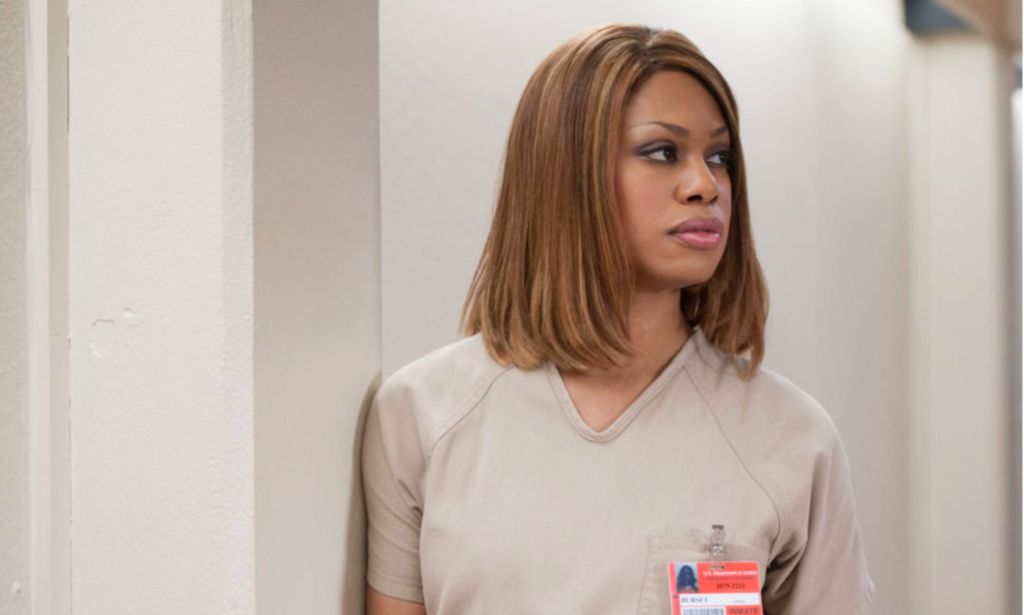
Before Laverne Cox’s run as Sophia Burset in Netflix’s Orange Is The New Black, it was been practically unheard of for a transgender actor to play a nuanced, three-dimensional trans character on TV – never mind the show being an international streaming hit.
It’s indisputable that Cox heralded in a new era of trans representation on screen. By season two, in 2014, she was a global household name. Following her history-making Time cover, she became the first trans woman to be nominated for an Emmy in the acting category. Her role opened doors for other transgender actors to make it in Hollywood.
2014: Transparent proved trans stories could be told – for better or worse
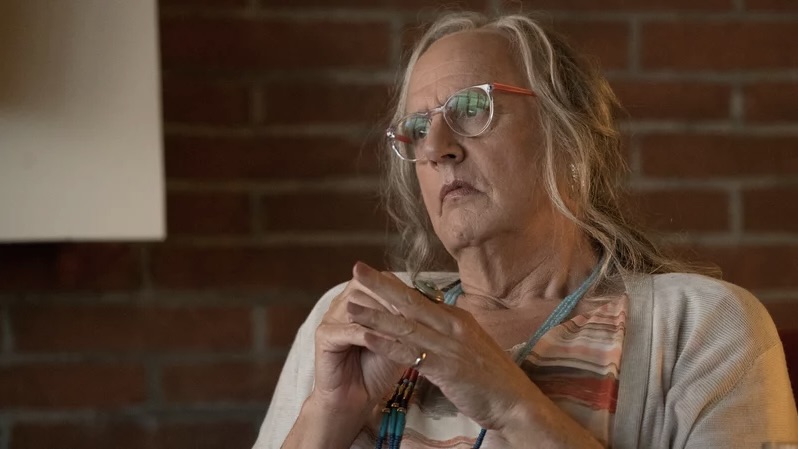
Let’s get this out of the way: there is a lot about Transparent that makes it not great. At all. Most notably, of course, is having the lead trans character, Maura Pfefferman, played by a cis actor, Jeffrey Tambor. Then, there’s the 2017 allegations of sexual harassment on set made against Tambor, which led to him leaving the show. He acknowledged that he was difficult to work with, but denied any misconduct. He did, however apologise if “any action of mine was ever misinterpreted by anyone as being sexually aggressive or if I ever offended or hurt anyone”.
However, there are a lot of positives to take from the series. It made it clear that trans stories should have a space on a platform as big as Prime Video, that they could be acclaimed by critics and audiences alike, and deserved Emmy and Golden Globe awards.
The show also gave trans acting stars including Alexandra Billings, Trace Lysette, and Hari Nef their biggest (or first) roles, while around 80 transgender media professionals worked on the comedy drama.
Possibly Transparent’s biggest legacy is ensuring that cis actors are now far less frequently offered the role of a trans character. That is progress.
2015: Sense 8 shows that trans women can find love, and be lesbians
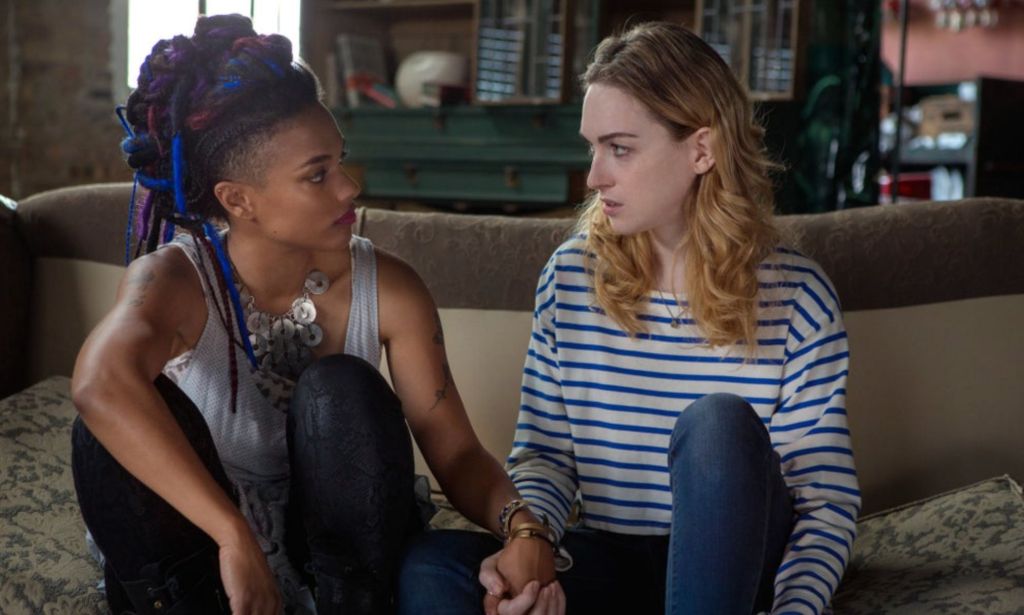
Criminally under-appreciated queer sci-fi drama Sense 8, which streamed on Netflix between 2015 and 2018, made a pretty a huge step with trans character Nomi Marks, played by Jamie Clayton.
Up until this point, the most notable transgender characters had been prisoners, sex workers, or played by cisgender people. Nomi was a lead character, a happily married woman, a hacktivist, and, perhaps most importantly, a lesbian – helping to dispel the misconception that all trans women are only attracted to men.
Although Sense 8 didn’t stick around for too long, Nomi mattered, and she helped shape the trans representation we see today.
2017: Peppermint leads a new era of trans reality TV contestants
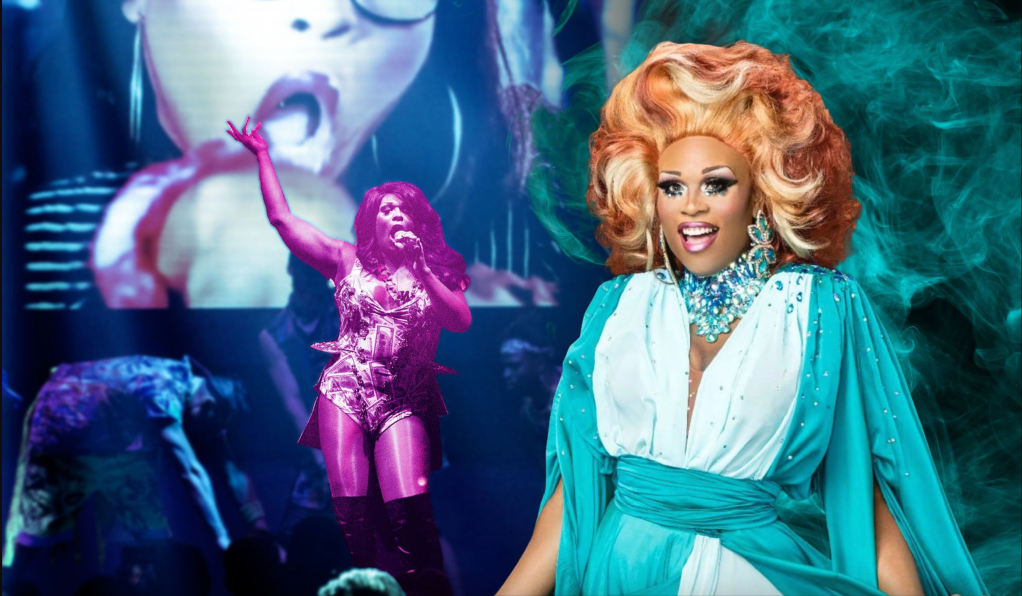
In 2017, on season nine, Peppermint became RuPaul’s Drag Race first out trans woman, making it to the top two. Since then, the franchise has welcomed many more transgender contestants, including the first trans man, All Stars 9 contestant Gottmik, and Sasha Colby, who became one of the show’s all-time favourites.
But trans representation on reality TV isn’t limited to Drag Race. It’s exploded in recent years, coming a long way from the early 2000s when Nadia became the first trans winner of Big Brother UK. In the past year alone, fans have seen transgender contestants on The Traitors, Married At First Sight, First Dates, Sister Wives and Hunted.
2018: TV gets its first trans superhero
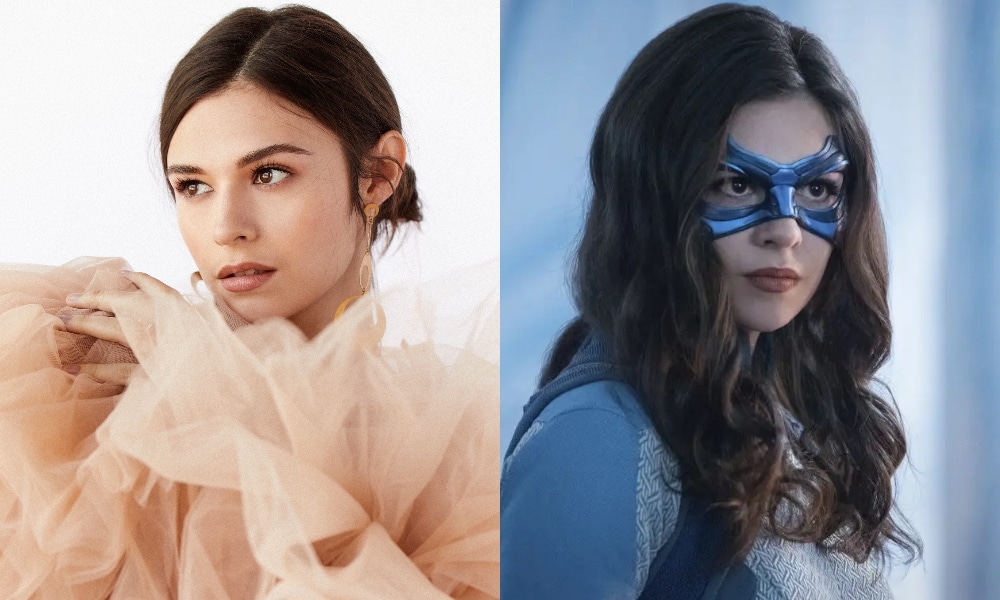
Thanks to the Marvel and DC universes, superheroes have an important place in entertainment. The first transgender superhero, then, was always going to be headline news. DC that got there first: in 2018, Yellowjackets star Nicole Maines made history portraying Nia Nal/Dreamer in Supergirl.
For Marvel, trans actor Zack Barack had a small role in Tom Holland’s 2019 film Spider-Man: Far From Home. And with mini-series Ironheart due for release this autumn, they will go further, featuring trans and non-binary actor Zoe Terakes and RuPaul’s Drag Race winner Shea Couleé.
2018: Trans representation sashays forward with Ryan Murphy’s Pose
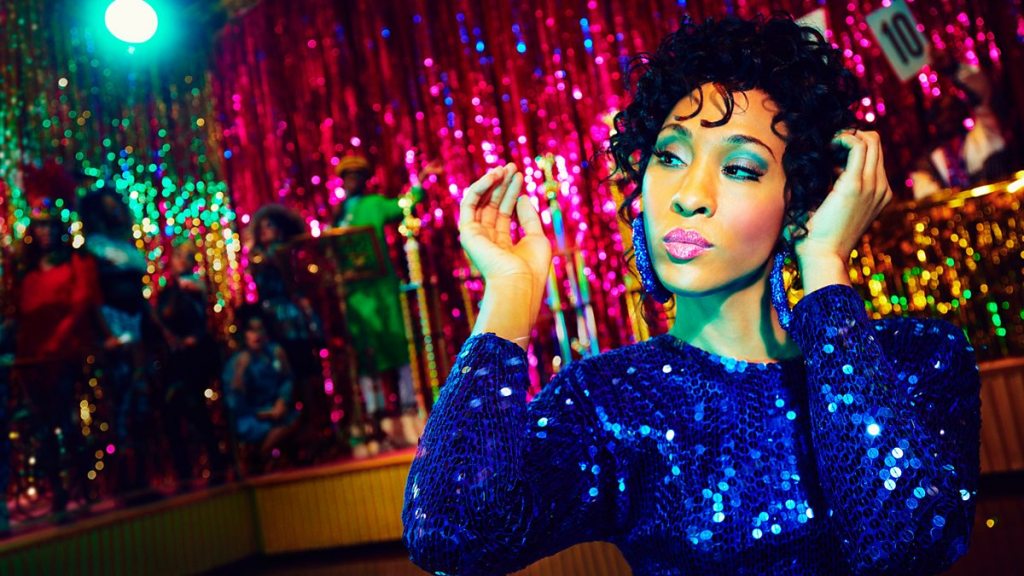
Sorry, gleeks: when future generations reflect on Ryan Murphy’s work, it will be Pose that will be seen as his lasting legacy. Airing between 2018 and 2021, the series offered us the biggest cast of trans actors in history, and introduced acting powerhouses including Angelica Ross, Dominique Jackson, Indya Moore, and Michaela Jaé (MJ) Rodriguez who became the first trans woman to win a Golden Globe award, for her performance as Blanca Rodriguez-Evangelista. She was also nominated for a primetime Emmy.
Pose broke new ground by telling authentic stories from trans history, focusing on ballroom culture in New York City during the Aids epidemic of the 80s. But, most importantly, these tales were told by trans people – some of whom had lived through the crisis. TV has yet to see anything like it since.
2020: Brian Michael Smith scores a huge – and rare – win for trans men on TV
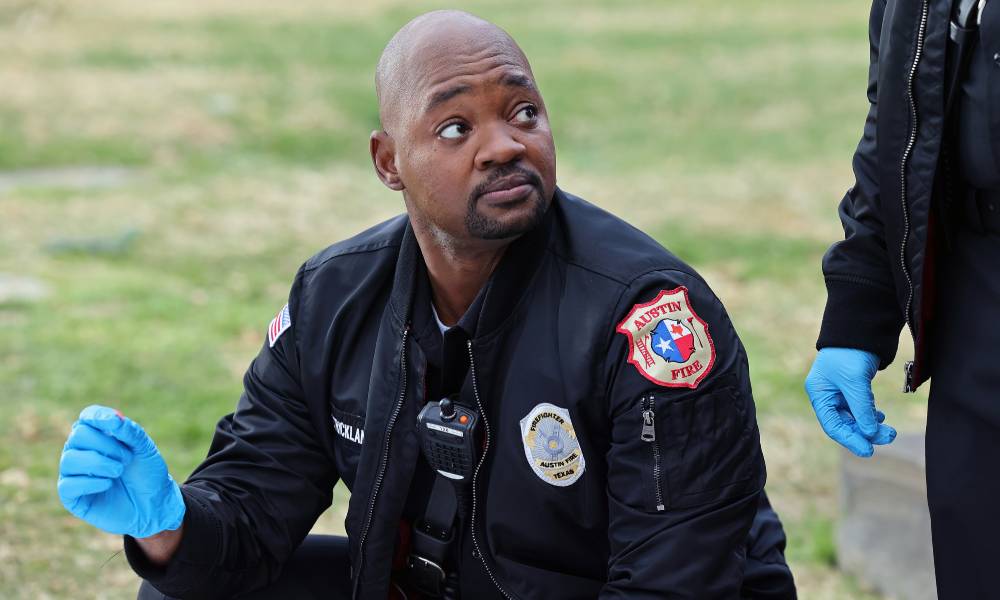
Most of the characters on this list are trans women or non-binary people, because, while trans representation in general in the past decade has improved massively, representation of transgender men remains scarce.
There are a few trans male characters dotted around: Matty Barton (Ash Palmisciano) in British soap Emmerdale, and Aaron Baker (Elliot Fletcher) in US drama The Fosters – but in 2020, Brian Michael Smith cemented himself in trans TV history.
After joining emergency services drama 9-1-1: Lone Star as trans firefighter Paul Strickland, he became the first Black trans man to become a series regular on a network TV show. A year later, he also became the first trans man to be featured on People’s annual “Sexiest Man Alive” list, which is a bonus.
2021: Disney finally drags itself into the 21st century
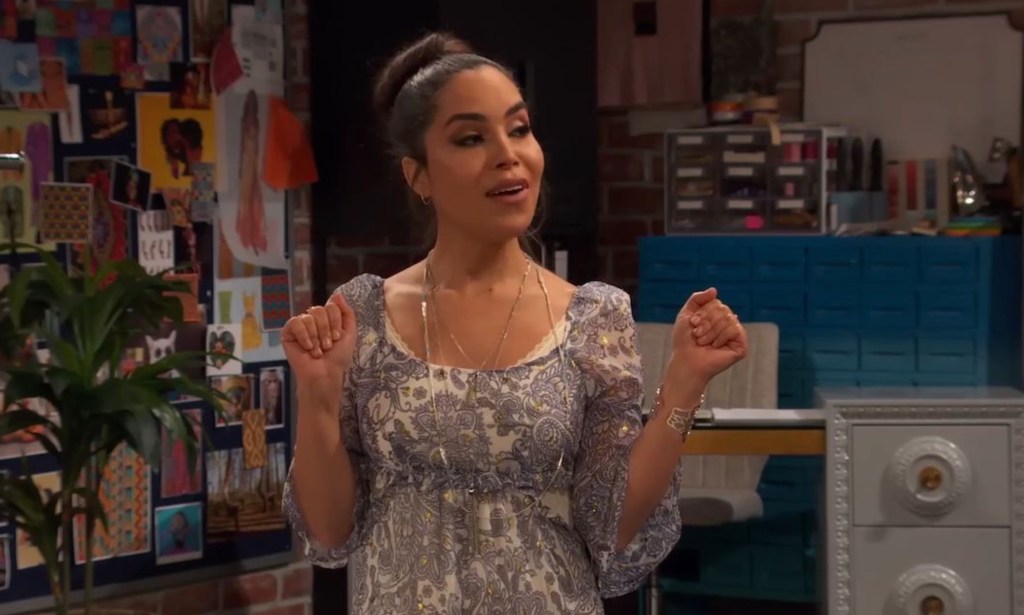
Nearly a century after Disney was formed, the entertainment conglomerate finally gave us a dose of trans representation at the turn of the decade. In fact, Disney gave us three bits of trans representation in a short period of time, and wih three very different characters.
In 2021, animated fantasy series The Owl House introduced trans non-binary character Raine Whispers, voiced by trans non-binary actor Avi Roque. The following year, we met trans actress Juliana Joel as Nikki in That’s So Raven spin-off, Raven’s Home – she’s the under-qualified, underpaid assistant to the show’s lead character Raven (Raven-Symoné).
If that wasn’t enough (it wasn’t), Disney then gave us its first transgender actress to play a cisgender role, with Talisa Garcia starring as Queen Arianna in the sapphic fantasy series, Willow. However, the show has since been cancelled. Boo.
2022: The world fell in love with Heartstopper… and Yasmin Finney
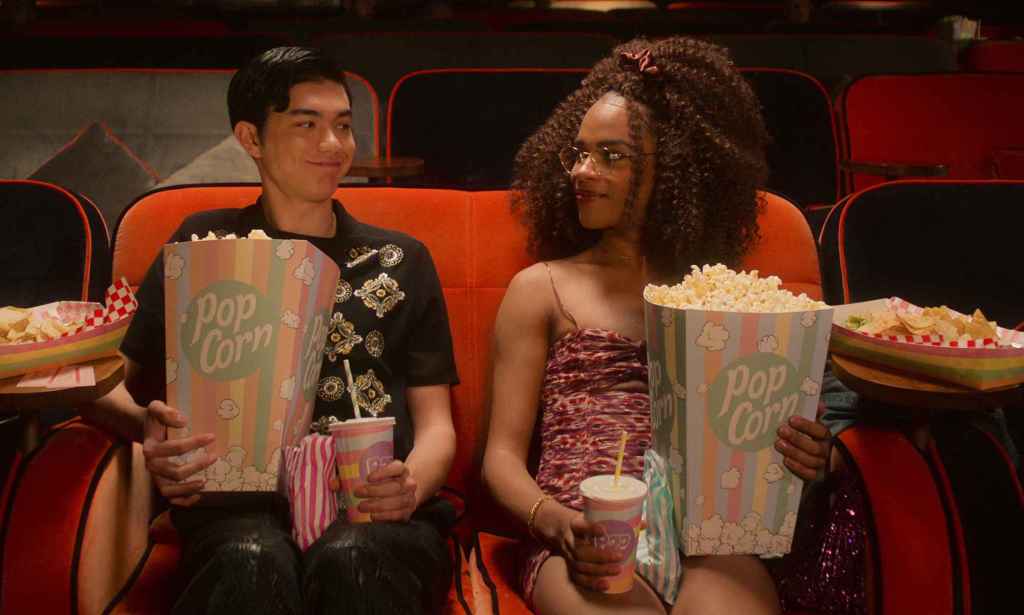
There was something particularly heart-warming – and crucial – about the arrival of Yasmin Finney, a Black trans actress, on our screens as trans teen Elle in Netflix’s Heartstopper. She landed in pop-culture consciousness with a crash, becoming one of the most-loved characters on the defining show of this generation.
Doing all that, and at time where trans teens were, and are, having their authenticity and integrity questioned, was incredible to witness – particularly considering the show is set and created in the UK, a hot-bed for anti-trans nonsense. Yasmin Finney, we salute you.
2023: Trans actors take over the big screen, in different roles, in different genres
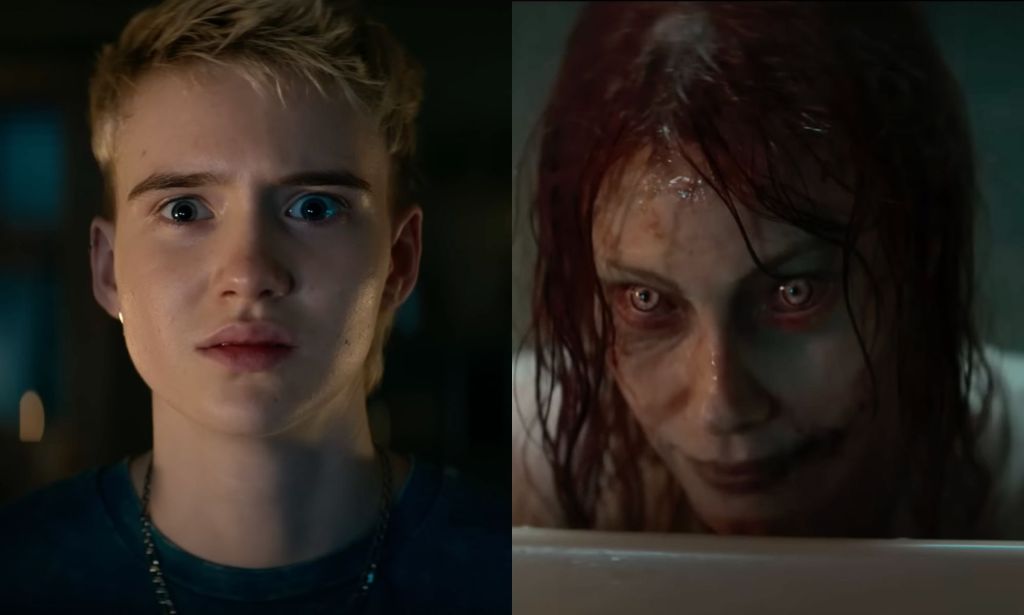
Last year was one of the very best for trans representation to date: if you’ve seen a huge blockbuster film released in 2023, chances are, you’ve spent time enjoying a trans actor. Barbie? Hari Nef was Doctor Barbie. The Hunger Games: The Ballad of Songbirds & Snakes? Hunter Schafer was Tigris Snow. Evil Dead Rise? Morgan Davies was Danny.
What made 2023 so exciting was the fact that trans actors were not explicitly playing trans roles: in all of the above films, their gender identity doesn’t come into it. This year, that trend is continuing with Schafer set to play cis teen Gretchen in upcoming horror flick, Cuckoo – and she’s the leading lady, another feat trans actors don’t often get to enjoy.
There’s atill a way to go for trans lives on screen
The progress of the past 10 years has been huge and undeniable. There are still, however, ways for it to be even better. As a report in The Guardian recently highlighted, trans actors are still predominately offered trans roles. They deserve the space to thrive in cis roles, too.
Cuckoo might be bucking the trend, but trans stars or trans characters are still hardly ever the lead, particularly if the main plot isn’t focused on transness. Also, trans men! More trans men! In everything!
Plus, there are a few brilliant casting choices that could inch us further towards fully representative, nuanced and three-dimensional trans visibility: how about a trans Disney princess, as suggested by comedian Margaret Cho? Or a trans star to feature on BBC’s Strictly Come Dancing…
Share your thoughts! Let us know in the comments below, and remember to keep the conversation respectful.
How did this story make you feel?
